Within the culinary world, cast iron cookware has earned a reputation for its unmatched durability and excellent heat retention. Yet, many kitchen professionals ponder the question: is cast iron too heavy for induction cooking? This inquiry extends beyond the mere physical weight of cast iron; it also touches on how compatible it is with contemporary induction cooktops. Let's dive into this subject, highlighting both the advantages and potential challenges of employing cast iron on induction surfaces.
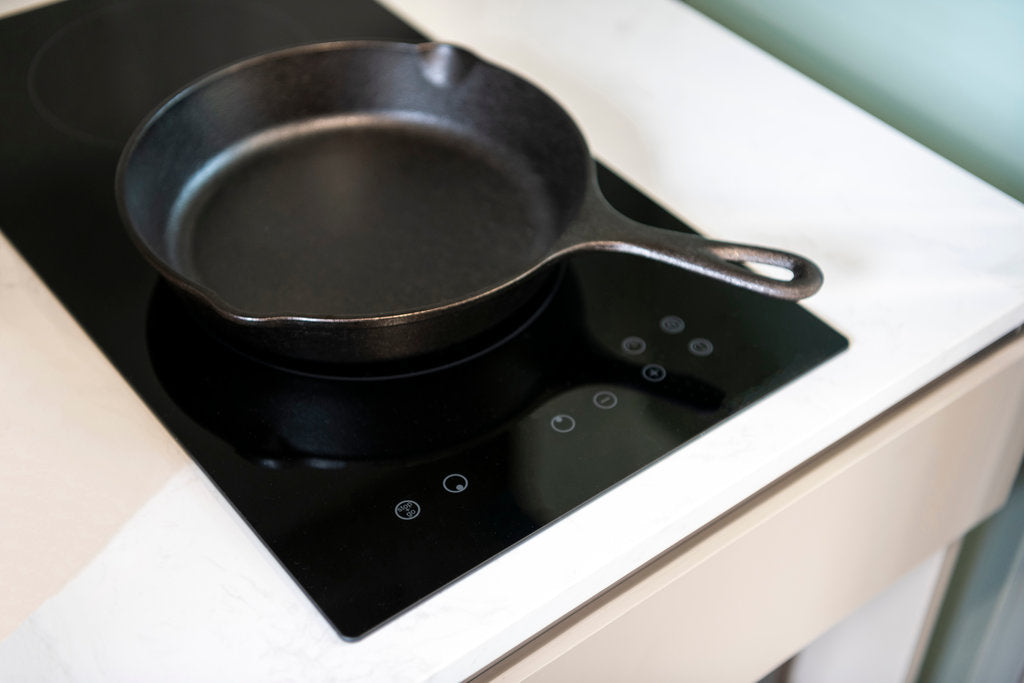
Why Cast Iron is a Kitchen Staple
To better understand the weight concern, we must first acknowledge the reasons cast iron is a favored choice among professional chefs. Its durability is legendary, with a well-seasoned cast iron skillet capable of lasting for generations, making it a sustainable option for culinary experts who prioritize varied styles and quality in their kitchen tools.
Furthermore, cast iron's ability to maintain a steady temperature is unrivaled, empowering chefs to achieve perfect sears and evenly cooked meals. Unlike many other types of cookware, cast iron can effortlessly go from stovetop to oven, which is a valuable quality in bustling kitchen environments.
Understanding Induction Cooking
Induction cooking has gained traction among both professionals and home cooks for its efficiency and precision. Rather than using direct heat, induction cooktops implement electromagnetic fields to heat the cookware directly, allowing for faster cooking times and enhanced energy efficiency.
However, compatibility is key; not all cookware works with induction. The cookware must be magnetic, which is where cast iron shines. But does the weight of cast iron make it impractical?
Inspecting the Weight of Cast Iron on Induction
The main issue regarding the use of cast iron on induction cooktops is its significant weight. While its heft doesn't hinder the cookers functionality, it can complicate the handling and movement of the cookware, especially in a fast-paced kitchen setting.
Nevertheless, the weight of cast iron can also be advantageous. Its density enhances heat retention, meaning that once the cookware is heated, it remains hot for longer durations. This feature can be particularly useful when preparing large volumes or dishes that demand consistent temperatures.
Ensuring Compatibility: What to Consider
For those worried about weight affecting the induction surface, its vital to confirm that the cooktop is designed to support heavier cookware. Many modern induction cooktops are crafted from robust materials, allowing them to comfortably manage the weight of cast iron.
Additionally, the uniform heat distribution provided by induction cooktops complements the unique properties of cast iron, resulting in evenly cooked dishes and an improved cooking experience.
For further insights, check out losing heat on induction and sizzling sisig.
Considerations for Kitchen Professionals
The choice to use cast iron on induction cooktops should be informed by practical factors for kitchen professionals. The weight of the cookware should be manageable for the kitchen staff to avoid accidents and maintain efficient operations. Proper training on safe handling practices is crucial.
Additionally, taking care of the cookware is essential. Regular seasoning and proper storage techniques can extend the life of cast iron and enhance its cooking performance. Furthermore, considering induction-ready cast iron can elevate the cooking experience even more.
Conclusion: Weighing Advantages and Disadvantages
To sum up, while the question 'is cast iron too heavy for induction?' brings up legitimate concerns, the advantages of utilizing cast iron on induction cooktops usually outweigh these worries. The weight of cast iron adds to its cooking prowess, and with appropriate handling and maintenance, it can be an invaluable addition to any professional kitchen.
Ultimately, grasping the strengths and limitations of both cast iron and induction cooking equips kitchen professionals to make informed decisions aligned with their culinary aspirations and operational requirements.
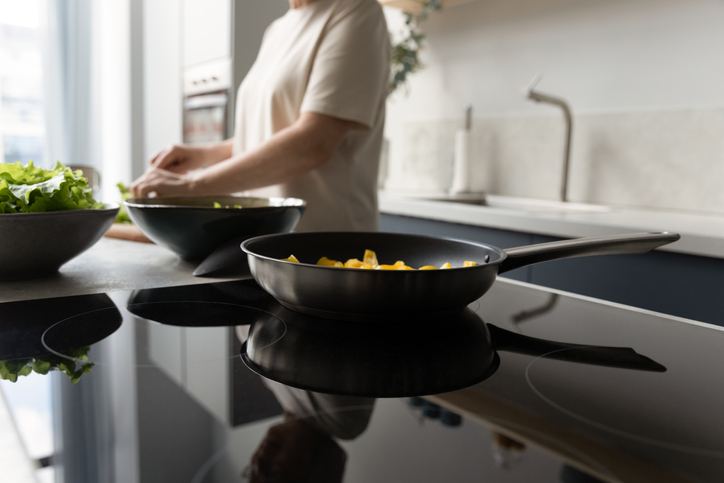
Frequently Asked Questions
Can all cast iron cookware be used on induction cooktops?
Yes, generally speaking, cast iron cookware is compatible with induction cooktops due to its magnetic nature. However, ensure the bottom of the cookware is flat for the best results.
Does the weight of cast iron cause damage to induction cooktops?
While heavy, most modern induction cooktops are engineered to accommodate cast iron. Its advisable to place the cookware gently to prevent surface damage.
Are there lighter alternatives to cast iron for induction cooking?
Yes, both stainless steel and certain non-stick pans are lighter options that are compatible with induction cooktops. However, they may not provide the same level of heat retention and durability as cast iron.
For further reading on the advantages and disadvantages of induction cooktops, refer to How Stuff Works and explore other resources such as sizzling platters for even more cooking inspiration.

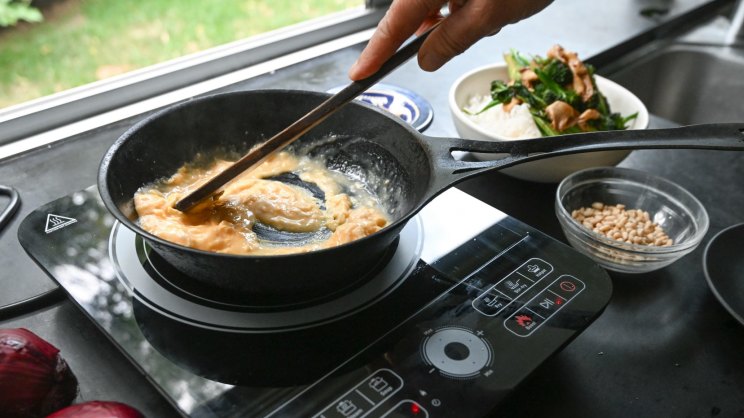


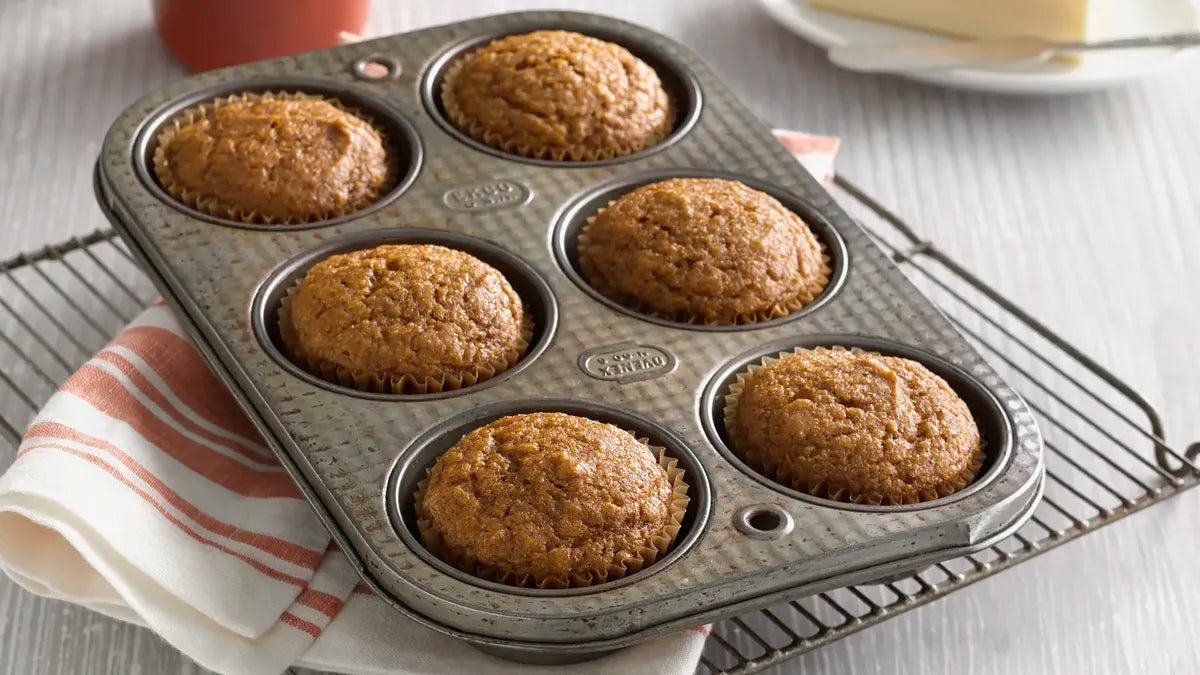
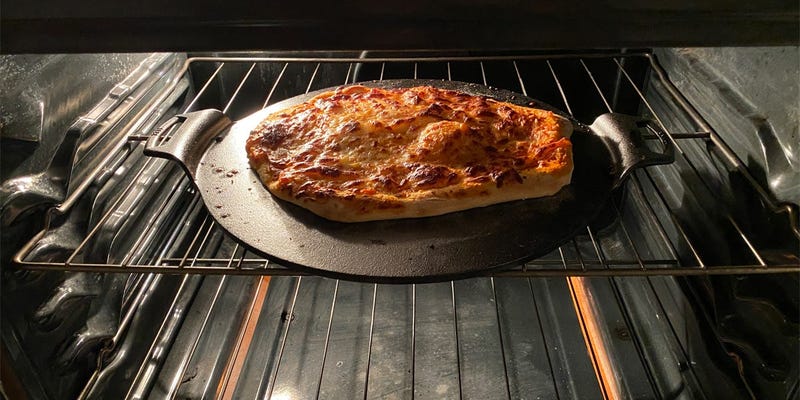
Leave a comment
This site is protected by hCaptcha and the hCaptcha Privacy Policy and Terms of Service apply.